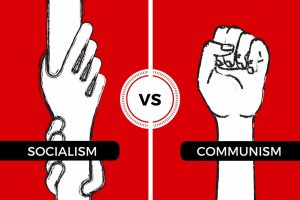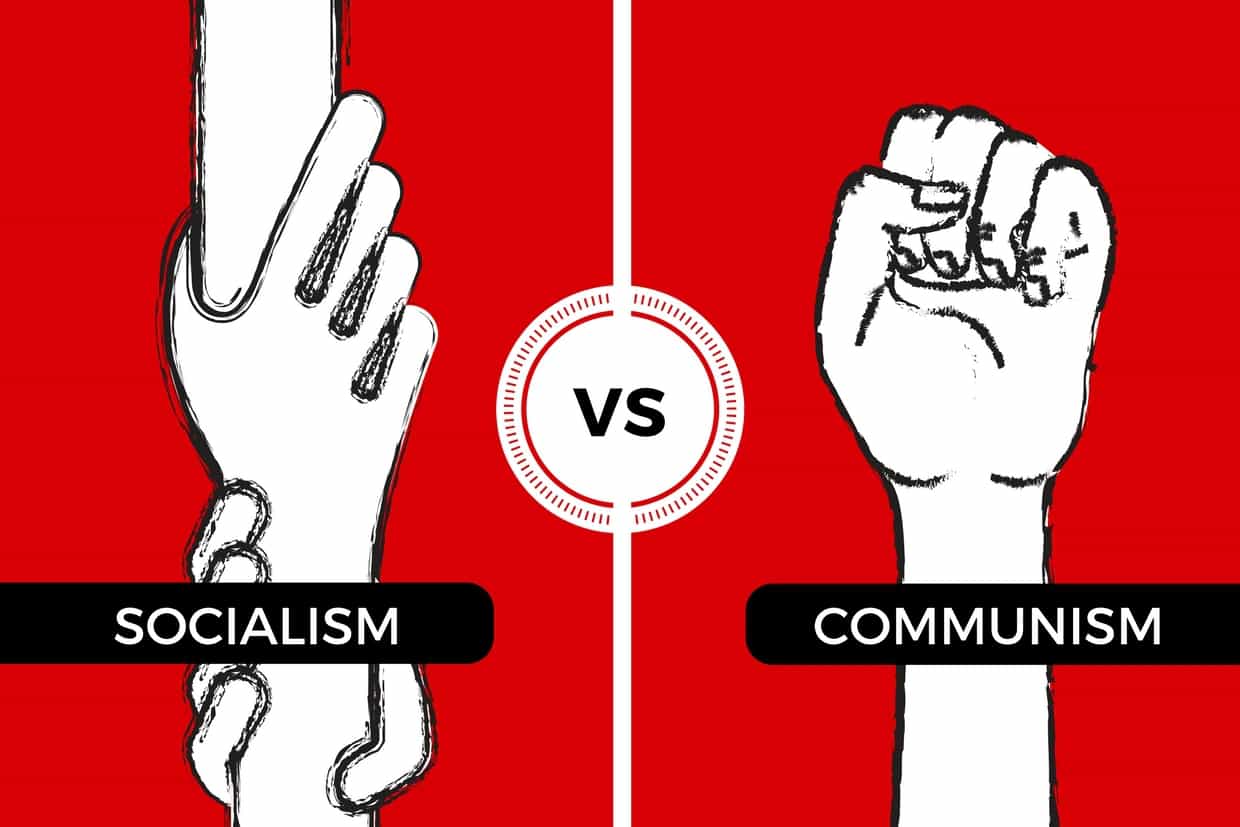
(Michael Pollan in Defense of Food)
Michael Pollan creates a vibrant critique of the world food system that spans criticisms of inequity in valuation of trading good by countries of the Global North compared to that of the Global south, to analysis of Nutritionism and the intricate and interlocking ways that companies profit off of science, journalism, and the food industry’s concerted effort to move the American diet towards processed food. However, his solution is to shop at the periphery of the grocery store, which is difficult because it’s very expensive to buy whole foods which reside there. This is extremely detrimental to people who struggle with financing groceries already, and this negative effect is only compounded by the lack of time that poorer people tend to have because of working obligations. This makes me think that Michael Pollan either is unaware of or does not care about the truly nefarious ways that capitalism incites class war, by making the unethical option the only affordable one for poor people.


(Socialism vs Communism https://thisonevsthatone.com/socialism-vs-communism/)
So what is the alternative? Anti-capitalism. A mobilization of the masses which should work towards regulation of capitalism, which is, as far as we can see now, inevitable. Socialism requires praxis and engagement; emphatically not what Pollan prescribes. Only contestation of the battlegrounds capitalism takes (industrialized food) can change the way it constructs our environment and hurts us as consumers. What does it really mean to defend food? What does Michael Pollan mean when he says that nutritionism is a profit motivated system? Capitalism is a system of economics that works towards efficiency (processed food), and profit (we eat way more than we used to pre-nutritionism), which leads inevitably to bad effects on the environment and consumers (overconsumption of resources, cancer from processed food).

I’d like to begin by agreeing that the solutions offered up by Michael Pollan come up short of offering any real collective solutions for the various problems he suggests. Indeed, he argues from a position of privilege and his conclusions and solutions are unattainable for vast swathes of the American public who, regardless of devotion to the preservation of the environment, cannot afford the more expensive unprocessed foods.
However, I would like to push back on your own solution. I believe that the leap you make in your argument from critique of Pollan to anti-capitalism, while perhaps the correct decision in an ideal world, does not quite take into account just how pressing and urgent the need to solve these issues is. The last time that there was a real revolt against the capitalistic system was just after World War II, and resulted in a decades-long conflict filled with fear, manipulation, and a global stalemate. I’m not mentioning this simply to question whether such an anti-capitalistic movement is possible, but rather whether it is plausible to solve these issues. The time we have to reverse or mitigate the damages caused by environmental degradation is extremely limited, especially when it comes to the global food crisis that seems just around the corner, and I don’t see a global reorientation toward socialism being successfully carried out within the timeframe available.
With respect, I reject your notion that a contestation of capitalism is the only way in which we can reorient our food system to be more sustainable. The theory of Localism presented by Prof. Litfin is one that could combat the problems in regards to food we have discussed, and one that is completely plausible within the system of global capitalism. Capitalism must find a way to encourage such a move toward localism while simultaneously encouraging economies to develop around comparative advantages and local needs. You are certainly correct that capitalism must be further regulated, and a move towards localism would certainly require great overhaul and the addition of additional constraints, but I don’t believe such a drastic global political revolution to be feasible.